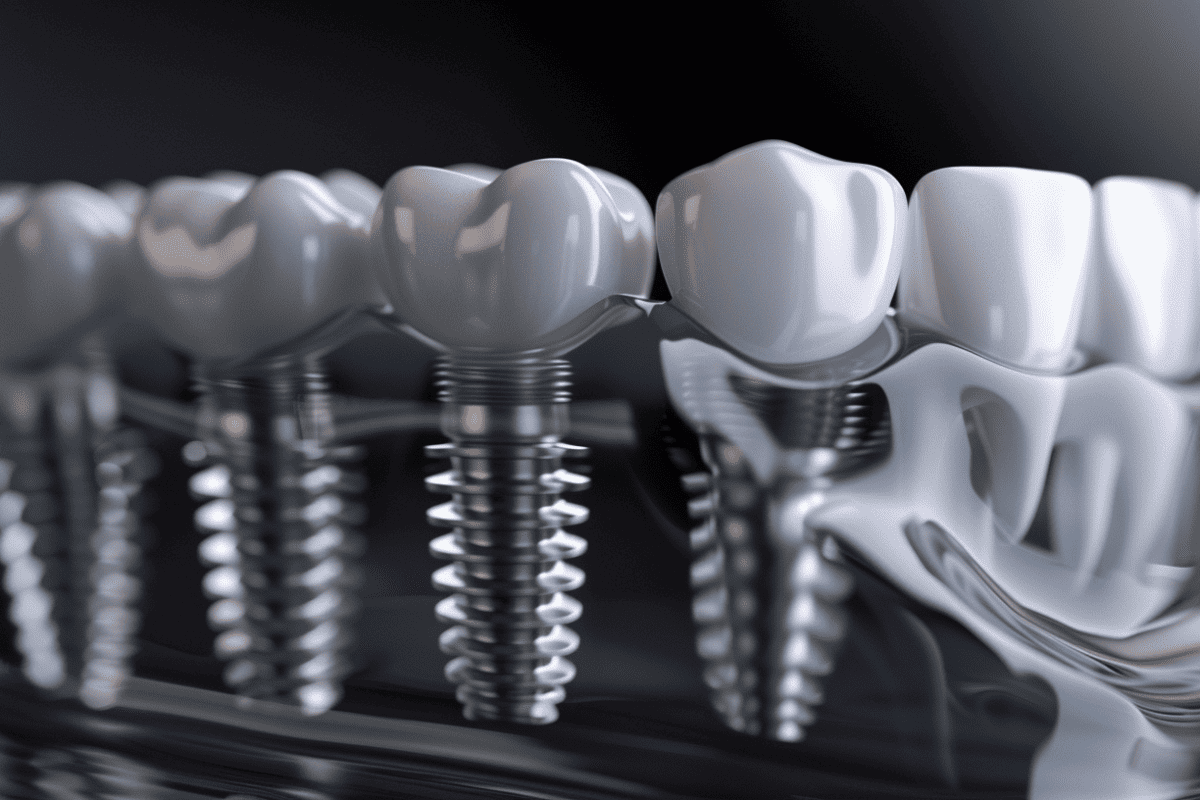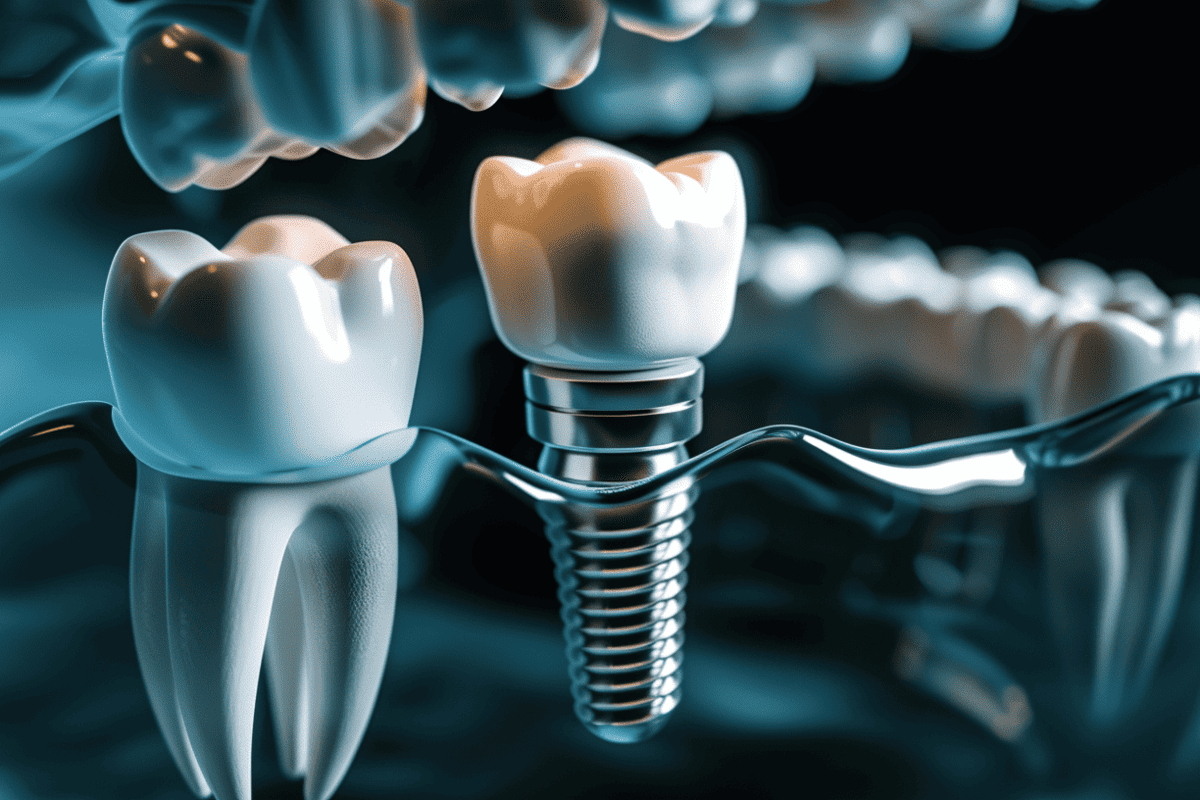Good oral hygiene is essential for maintaining the health of your teeth and gums. Neglecting oral hygiene can lead to many dental problems, including tooth decay, gum disease, and bad breath. It’s never too late to start taking care of your teeth and gums, and by following a few simple practices, you can keep your smile healthy and bright for a lifetime.
In this blog, we will be discussing the ten best practices for healthy teeth. From brushing and flossing to visiting the dentist regularly and quitting smoking, these tips will help you keep your mouth in top condition. Whether you’re looking to maintain your current oral health or make improvements, this guide will provide you with the information you need.
1. Visit the Dentist Regularly
It’s important to see a dentist for regular cleanings and check-ups at least twice a year. During these appointments, the dentist can remove plaque and tartar buildup, check for any signs of tooth decay or gum disease, and provide professional cleaning. If you need specialized care, such as teeth alignment, your dentist may refer you to an orthodontist. When picking an orthodontist, pick one with the most experience and reputation.
Did you know, according to the South Carolina Dental Association, the state ranks among the top ten US states for dental care access? With a high concentration of dental professionals in the Spartanburg area, residents have access to the best dental services, including orthodontic treatment, to help maintain their oral health.
This fact also highlights the abundance of orthodontist Spartanburg, SC, resources available to residents and underscores the importance of visiting the dentist regularly for professional cleanings and examinations. By making dental health a priority, you can enjoy a lifetime of healthy teeth and gums.
2. Brush Twice a Day
Brushing your teeth twice a day with fluoride toothpaste is one of the most effective ways to keep your teeth and gums healthy. Fluoride is a mineral that helps strengthen tooth enamel and fight against tooth decay. When choosing a toothpaste, look for one that has the American Dental Association (ADA) Seal of Acceptance.
To get the most benefits from brushing, you should brush for at least two minutes each time. This will allow you to reach all areas of your mouth and remove plaque and food particles that can lead to decay and gum disease. You can use an electric toothbrush or a manual toothbrush, but what’s most important is that you brush for the recommended amount of time.
3. Floss Daily
Flossing is an essential part of any oral hygiene routine as it helps to remove plaque, a sticky film of bacteria that can build up between teeth and along the gum line. Plaque can lead to tooth decay and gum disease if not removed on a regular basis.
When flossing, be sure to use a gentle sawing motion to avoid damaging your gums. Wrap the floss around each tooth and use a fresh section of floss for each space between teeth. Flossing once a day is sufficient, but if you have tight spaces between your teeth or are prone to cavities, you may want to floss more often.
4. Use Mouthwash
Using mouthwash can help kill bacteria and freshen your breath. Antimicrobial mouthwash can also help reduce the risk of gum disease by reducing plaque buildup. When choosing a mouthwash, look for one with the ADA Seal of Acceptance.
Many types of mouthwash are available, including those for general oral hygiene, freshening breath, and treating specific conditions like gingivitis. If you’re unsure which mouthwash is right, talk to your dentist for recommendations.
5. Limit Sugary and Acidic Foods and Beverages
Eating sugary and acidic foods and beverages can lead to tooth decay and enamel erosion. Acidic foods and drinks, such as citrus fruits and sports drinks, can soften and dissolve tooth enamel, making teeth more vulnerable to decay.
To minimize the damage caused by sugar and acid, limit your consumption of sugary and acidic foods and drinks. If you do consume them, brush your teeth or rinse your mouth with water immediately after to help neutralize the acid and remove any sugar particles. Try to opt for healthier snacks like fresh fruits and vegetables, which are better for your teeth and overall health.
6. Quit Smoking
Smoking is one of the worst things you can do for your oral health. Not only does it increase your risk of tooth decay, gum disease, and bad breath, but it can also lead to tooth staining, mouth sores, and even oral cancer.
Quitting smoking is one of the best things you can do for your oral and overall health. Not only will your teeth and gums start to heal, but you’ll also reduce your risk of oral cancer and other serious health problems. If you’re struggling to quit, talk to your doctor or dentist for help and support.
7. Eat a Healthy Diet
Eating a healthy diet is important for maintaining good oral health, as well as your overall health. A balanced diet with plenty of fruits and vegetables, whole grains, and lean proteins can give your body the nutrients it needs to stay healthy and strong.
In addition to providing your body with essential nutrients, a healthy diet can help keep your teeth and gums healthy. Foods high in calcium, such as dairy products and leafy green vegetables, can help strengthen tooth enamel. Foods high in Vitamin C, such as citrus fruits and bell peppers, can help prevent gum disease.
8. Limit Alcohol and Coffee
Alcohol and coffee are two of the worst things you can drink for oral health. Both can stain your teeth and contribute to tooth decay and gum disease. Alcohol can also dry out your mouth, leading to bad breath and an increased risk of oral infections.
To minimize the effects of alcohol and coffee on your oral health, try to limit your consumption of both. If you do drink them, brush your teeth or rinse your mouth with water immediately after to help remove any staining agents. You can also use a straw to help minimize the contact between the drink and your teeth.
Conclusion
Good oral hygiene is important for your overall health, and these tips will help you achieve that. However, it’s important to remember that everyone’s oral health needs are unique, and what works for one person may not work for another. Talk to your dentist if you have any concerns or questions about your oral health. They can provide personalized advice and recommendations to help you maintain the best oral health possible.
This is a sponsored post
Digital Health Buzz!
Digital Health Buzz! aims to be the destination of choice when it comes to what’s happening in the digital health world. We are not about news and views, but informative articles and thoughts to apply in your business.


